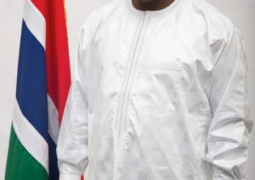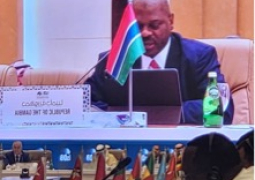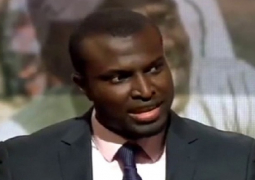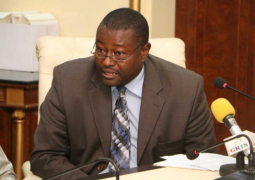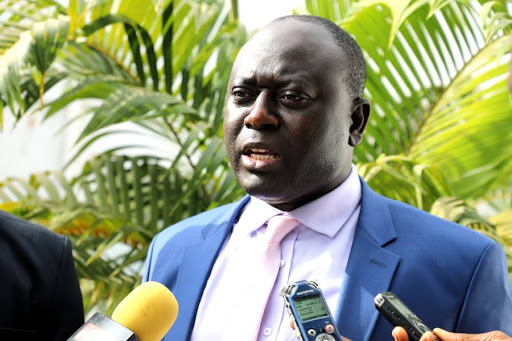
The bill was recently tabled before the National Assembly for consideration and subsequent scrutiny at various stages.
There are allegations that the government has tampered with the bill contrary to the wishes and aspirations of the Independent Electoral Commission (IEC).
However, Information Minister Ebrahim Sillah told West Coast Radio on Tuesday, "We have not tampered a single dot in that document."
The government and the IEC are perceived to be having issues with a common understanding especially on the demarcation and diaspora voting.
During a recent meeting with stakeholders, the Chief Electoral Officer Samboujang Njie commented on the said bill.
"What has been seen when it was sent to the parliament is that there has been some serious errors with the bill and this is not from the IEC," he said.
"We can inform you that when we completed the last validation with the Ministry of Justice, everything was given to them in order.
"And one of the issues as per the Election Bill when it came last week was the demarcation of the constituencies where it states 41 constituencies and we have 53 constituencies.
He emphasised: "The IEC did not give that to the Minister of Justice."
"We cannot and must not underestimate, downgrade or reduce the number of constituencies from 53 as we have to 41, that is not from us.
"We also observed that there were some issues that were agreed upon and are not reflected on the bill.
"In a nutshell what we are trying to say is the bill as it is presented to the parliament is the will of the Ministry of Justice."
The Information minister Sillah expressed his dissatisfaction with the comments made by the IEC.However, he admitted that the Justice Ministry detected errors they made and rectified them before re-submitting the bill for debate and consideration at the parliament.
"The mistakes that actually happened the day the bill was presented before the National Assembly, when they were spotted, they were immediately corrected and the bill was re-submitted again for debate and consideration before the National Assembly," Sillah said. "So I was really shocked to hear all these things from the Independent Electoral Commission."
He also said that government expressed concerns that the IEC wants to make major changes in an election year which he thinks could be difficult.
"The IEC was suggesting that a paper ballot system should be introduced and we said this was never tested, you have not done any pilot run and this a major election, the stakes are very high.
He continued: "You cannot just come and say that for a major election you want to introduce something that has not been tested before and looking at the illiteracy rate in this country but even beyond that."
He cited the University of The Gambia when it used paper ballots during the recent student executive election with a high invalid vote despite their level of literacy.
"So we said this thing is risky for a major election like this, let us make sure that we test this, we pilot it and then see how it will turn out to be," the minister stressed.
He claimed other political parties also made similar suggestions.
He said those were the only issues the government raised about the bill.
Sillah added that in as much as the government wants diaspora Gambians to vote in major elections, there are numerous constraints especially for National Assembly elections which requires a voter to be a registered member of a particular constituency.
He further argued that even the presidential elections, they will encounter logistical issues with Gambia in diaspora, adding that "you don't just introduce something in an election year and you expect that even being an electoral commission people will not disagree with you."


